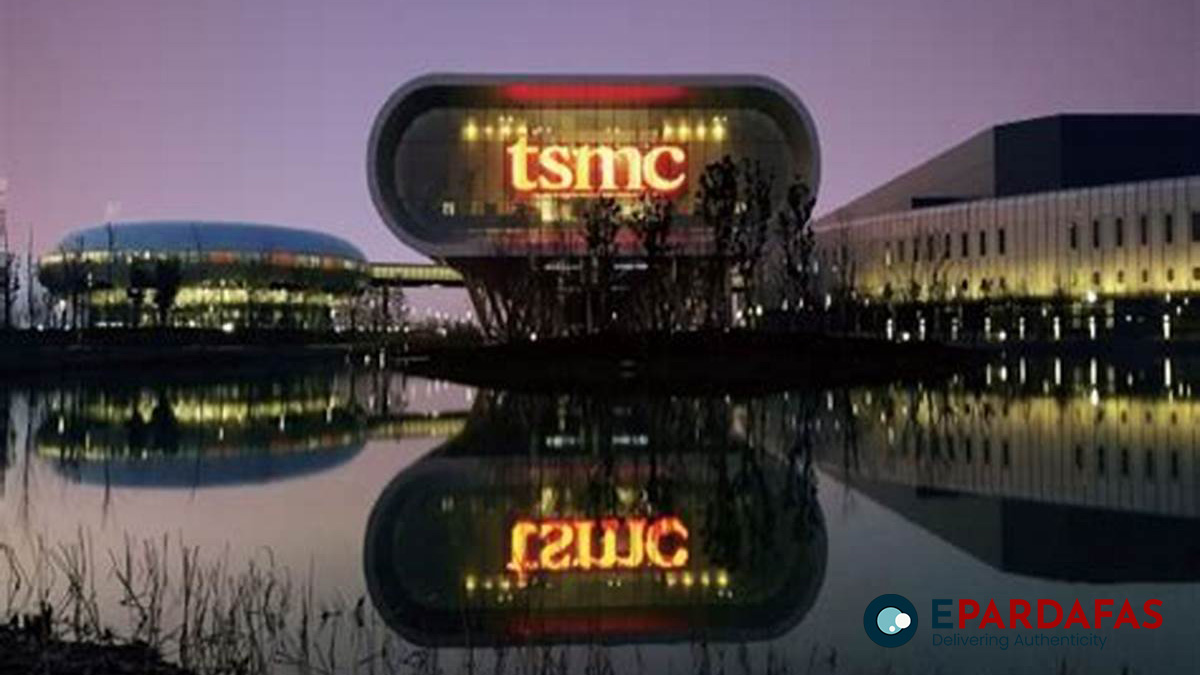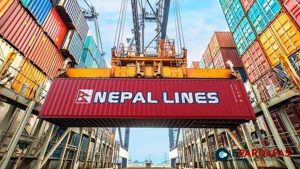
TSMC to Break Ground on First European Factory in Dresden, Germany

Next week, Taiwan Semiconductor Manufacturing Company (TSMC), the world’s leading advanced computer chipmaker, is expected to break ground on its first European factory in Dresden, Germany. This move is part of TSMC’s strategy to diversify its production away from Taiwan, amid growing threats from China.
TSMC, the largest supplier of semiconductor chips used in a wide range of products including computers, cars, and medical equipment, will oversee the nearly $11 billion plant, holding a 70% stake in the joint venture. The new venture, which includes minority investors Robert Bosch, Infineon Technologies, and NXP Semiconductors, will be known as the European Semiconductor Manufacturing Company (ESMC).
The mayor’s office in Dresden confirmed to VOA that the groundbreaking ceremony will take place on August 20, marking the largest investment project in the history of Germany’s Saxony region.
Beijing’s increasing threats against Taiwan, which it considers a breakaway province, have prompted TSMC to seek production diversification. Analysts believe this move is crucial for TSMC as it looks to mitigate risks associated with potential conflict in the Taiwan Strait.
TSMC is also expanding its global footprint with the construction of a new factory in Arizona, involving a total investment of $65 billion in the U.S., and a nearly $9 billion plant in Japan.
Anna Rita Ferrara, an Italian political and international law adviser, told VOA, “TSMC’s investment in Germany and the U.S. is a strategic move that allows the microchip industry to stay ahead in case China invades Taiwan. Relocating production to two major Western cities [Dresden and Phoenix] would help protect the Western IT sector from a dangerous supply reduction and a possible technological debacle.”
TSMC already operates a $3 billion factory in Nanjing, China, which has been producing less advanced chips since 2016.
With a dominant 61.7% market share in the global semiconductor market, TSMC is well ahead of its closest competitor, Samsung, which holds an 11% market share, according to European statistics platform Statista.
The Dresden plant is scheduled to commence operations in 2027, with a projected monthly output of 40,000 chips, including 12-nanometer automotive chips that are more advanced than those currently produced in Taiwan.
While TSMC did not immediately respond to VOA’s requests for comment on the importance of the Dresden plant in its diversification strategy, the company’s chairman, C. C. Wei, acknowledged in June that the company had considered relocating production outside Taiwan. However, he noted that it was “impossible” to move the bulk of production, as up to 90% is based in Taiwan. “Instability across the Taiwan Straits is indeed a consideration for supply chain,” he said, “but I want to say that we certainly do not want wars to happen.”
As China continues to assert its claim over Taiwan, Europe and the U.S. are making concerted efforts to attract domestic chip production, aiming to reduce their dependence on imports from Taiwan.












Comments